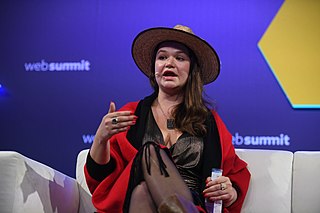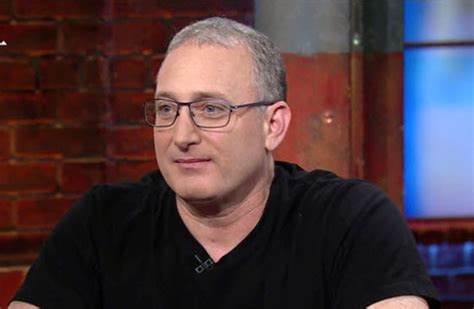A Quote by Brittany Kaiser
Corporations like Google, Facebook, Amazon, all of these large companies, are making tens or hundreds of billions of dollars off of monetising people's data.
Related Quotes
Even companies that do big business online struggle to be noticed by Google users. The Web, after all, is home to some 120 million Internet domains and tens of billions of indexed pages. But every company, big or small, can draw more Google traffic by using search-engine optimization - SEO, for short.
If we choose to keep those tax breaks for millionaires and billionaires, if we choose to keep a tax break for corporate jet owners, if we choose to keep tax breaks for oil and gas companies that are making hundreds of billions of dollars, then that means we've got to cut some kids off from getting a college scholarship.
Fifty years ago, the way that we consumed food was revolutionized. We began eating processed foods, and it seemed amazing. And then we woke up many decades later, and we realized that food was engineered to make us fat. And I think that such companies as Google, Facebook, Amazon, Apple are doing the same thing with the stuff that we ingest through our brains. They're attempting to addict us, and they're addicting us on the basis of data.


































